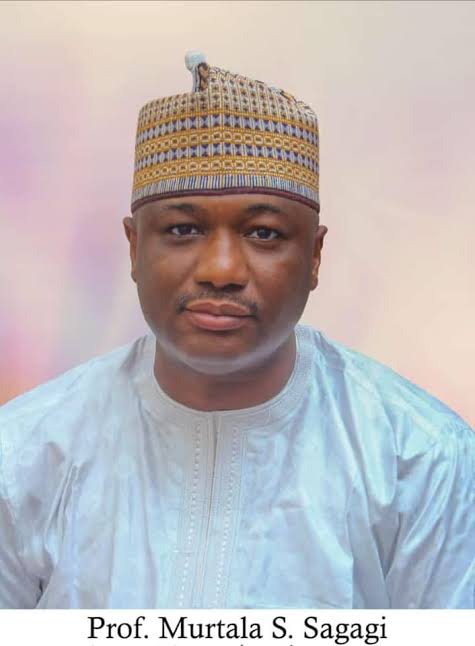Murtala Sabo Sagagi, a member of the Monetary Policy Committee (MPC) of the Central Bank of Nigeria (CBN), has expressed concerns that the proposed increase in the Federal Government of Nigeria’s Ways and Means limit from 5% to 10% could lead to a significant surge in excess liquidity within the Nigerian economy.
Sagagi noted that this development poses a risk of exacerbating inflationary pressures and undermining the efforts of the CBN to stabilize the economy through its tight monetary policy stance.
This is according to a document containing the statements of the MPC members released by the CBN.
Previous ways and means caused economic dislocation
Sagagi highlighted that the massive injection of funds into the economy, particularly the N22.7 trillion in Ways and Means financing in 2023, had already caused significant economic disruptions.
He said: “The massive injection of the naira into the economy through ways of means totalling 22.7 trillion in 2023 created unprecedented economic dislocation.”
Also, he warned that increasing the Ways and Means limit might further fuel the government’s spending appetite, resulting in an overflow of liquidity that could destabilize the financial system and the broader economy.
His statement read: “The FGN increased ways and means from 5% to 10%. This is likely to increase the government appetite to spend more, thereby generating excess liquidity.”
The MPC member stressed that while the CBN’s current monetary policies have shown positive outcomes in terms of moderating inflation and stabilizing the naira, the introduction of additional liquidity through increased government borrowing could counteract these gains.
Sagagi emphasized the need for a balanced approach, suggesting that improvements in government expenditure management, interest rates, inflation control, and export promotion are crucial for sustainable economic growth.
He urged for better coordination between monetary and fiscal policies to ensure that the CBN’s efforts to control inflation are not undermined by fiscal dominance.
The MPC member also recommended that the federal government reconsider its decision to increase the Ways and Means limit and instead focus on promoting fiscal discipline to enhance investor confidence and maintain economic stability.
The Senate and the House of Representatives recently passed a bill to increase the percentage of Ways and Means loans the Central Bank of Nigeria (CBN) can give to the federal government.
The upper chamber of the Nigerian legislature raised the credit facility obtainable by the federal government from the apex bank from 5% to 10% of the revenue of a fiscal year.
The Ways and Means facility allows the apex bank to provide short-term financing to the federal government to address budget shortfalls.
The Ways and Means advance from the CBN has been exposed to all forms of misappropriation in the past, making this bill a very controversial one.
In May 2023, shortly before the end of the Buhari government, the Senate approved the request of the then President to restructure the N22.7 trillion loans the CBN extended to the federal government under its Ways and Means provision.
The Minister of Finance and Coordinating Minister of the Economy, Wale Edun, recently announced that the federal government has repaid N7.3 trillion in ways and means advances to the apex bank.


